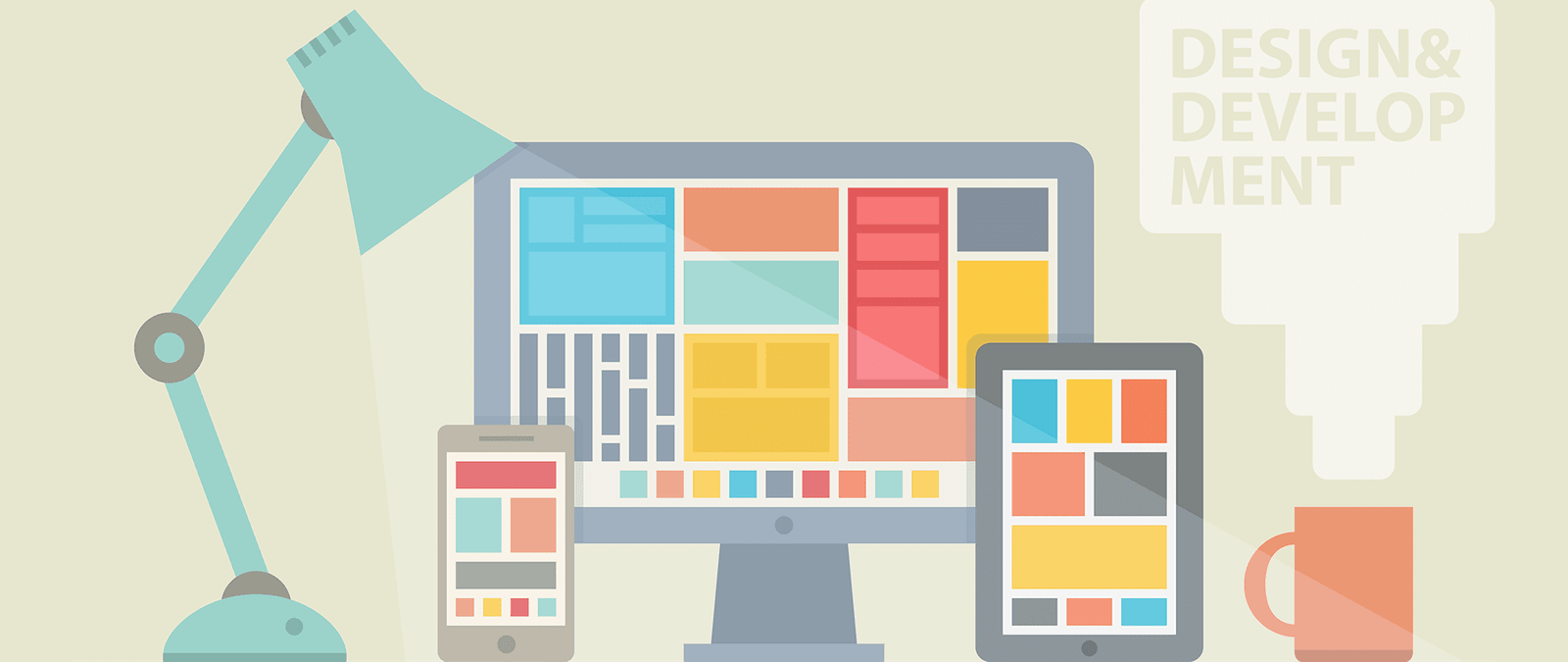The purpose of your website
It might be tempting to dive straight in and start designing your website, but, before you do anything, you need to stop and think. Why are you building a website in the first place? What do you want it to achieve?
The answers to those questions will have an impact on the way you design the site, the features you build into it, and the content you use. In fact, they should have an influence on every part of project. Everything you do will either be working towards or away from those goals.
Think of the benefits your new website will bring to you, and to your visitors. Here are some of the things that a website could help you to do:
- Build new relationships. Whether you’re looking for customers, investors, fans for your band, or just want to connect with peers who share your interests, then having a website can help you attract them from all over the world.
- Sell, sell, sell! Of course, you can use the web to make it easier for people from all over the world to buy from you. For digital content, such as music, you can even make it possible for the product to be delivered without human intervention.
- Enhance your reputation and profile. If you want to be known as an expert, then sharing articles or videos that demonstrate your expertise can help. If you’re creative, then sharing your music, photos, videos or stories can help you to solicit feedback and build interest in your ideas.
- Improve customer service. If you have an existing business, you might be able to make it easier for customers to deal with you by publishing manuals and tutorials online. You could take customer enquiries, too, and structure the form so that you capture all the information needed to resolve the query first time. Using the web, any business, no matter how small, can offer some degree of customer service round the clock.
- Educate. Whether you want to help the market understand your latest invention, or just want to help others learn a hobby, tutorials are amongst the most sought-after content on the web.
- Entertain. Internet users love fun sites, and the web is the ideal medium for sharing short games, films and songs.
- Create a community. People like to socialize with and seek advice from others who share their interests online, and many successful websites exist primarily to bring people together. Many of the biggest websites today (including Facebook, Twitter, and Flickr) have been built on the idea of community and of creating new ways for people to communicate.
- Make money. You might make money by placing advertising against sour website content, selling products, or cutting your costs if you already have a conventional business. This can be a strong motivator to build a website, but take care that you don’t undermine the end user’s experience. You might make more money by plastering adverts anywhere, but you won’t win the loyalty of visitors.
- Create new services. The lines between the website, the product, and the manufacturing process arc often blurred. Vistaprint (www.vistaprint.com), for example, enables people to design their own business cards, calendars and T-shirts online, which arc then professionally printed and delivered by mail. Some websites charge readers a subscription, so the website content is itself the product.
There are lots of other things a website could help you with, and you might well find that you want to do more than one of the above. The important thing is that you understand why you’re building a site. Otherwise, you might get to the end of your design project and find your site doesn’t help you at all.


